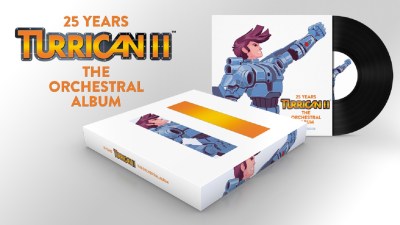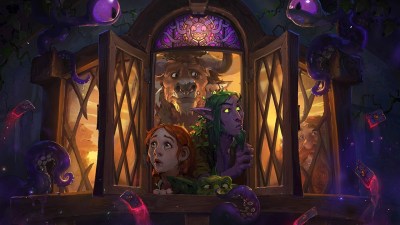British game design auteur Peter Molyneux believes more developers should be involved in the free-to-play market.
In a talk with Game Informer, Molyneux said: “I think that if more and more designers get into free-to-play then free-to-play will just get better and better. But at the moment, there aren’t many true game designers getting into free-to-play, so free-to-play is getting crafted by match three games and slots and casino games, and those types of games have held free-to-play to ransom. I’d love more designers from all walks of life to try free-to-play games, so we could make free-to-play brilliant.”
He later adds: “Free-to-play should be the most amazing thing for the gaming community, because the idea that some PR person persuades me to pre-order a game and then spend fifty bucks on that game without ever playing the game should be the most toxic way of spending money on a game - the most risky for sure. The game industry should love free-to-play. What gamers need to do is persuade designers to go make free-to-play games. But a lot of gamers say that if you’re doing that then you’re not really making games.”
Molyneux’s comments are particularly notable in the wake of Godus, the most recent release for 22Cans. A mobile God simulator, Godus seems to be a modern rendition of Lionhead Studios’ Black and White, another of Molyneux’s God simulators.
This isn’t the first free-to-play title in Molyneux’s portfolio. Curiosity - What’s Inside the Cube? was free-to-play, segueing into the highly popular Godus. Given Molyneux’s move towards free-to-play after his time at Lionhead working on the Fable series, his words might ring more truly than people may give him credit for.
After all, Fable was a defining stage in Molyneux’s career. Famous in the industry for his infamous Project Ego, his words lead to the development and wide disappointment of the first Fable. I’ve covered the first two, decoupled from Project Ego’s stint. Regardless of concerns regarding consistency in his design, they aren’t lacking personal flair.
Regardless of the designer’s highly patchwork history, his willingness to experiment and switch development gears at the drop of a hat is something of note. While his words regarding free-to-play may not be industry changing, the success of Godus can certainly sway the mightiness of the influence those words may have.

